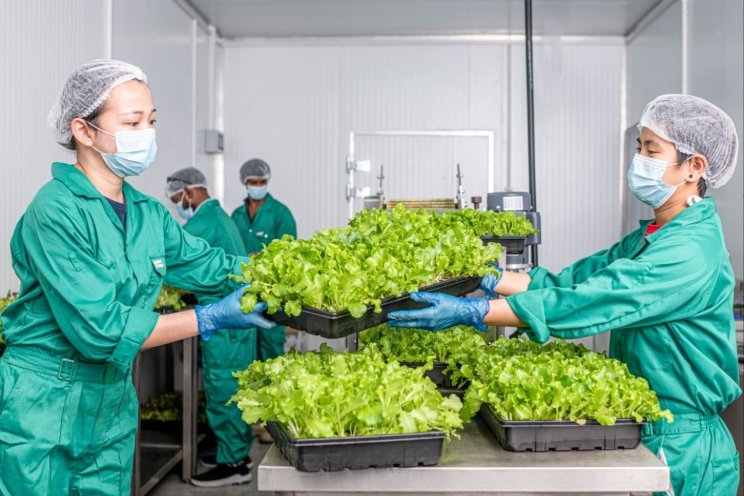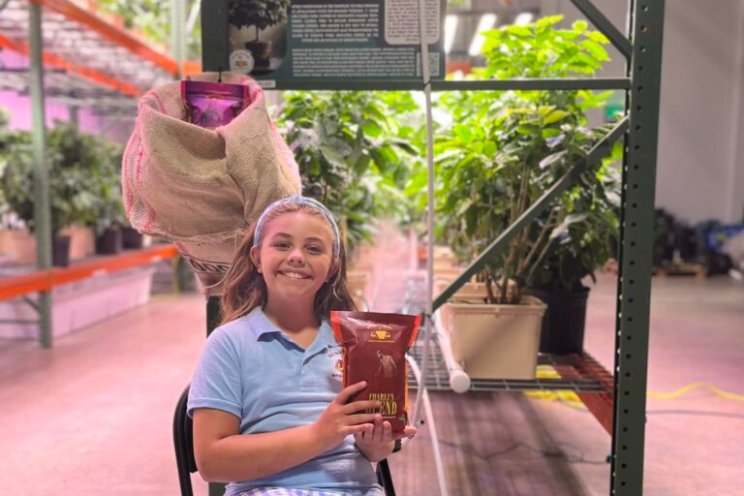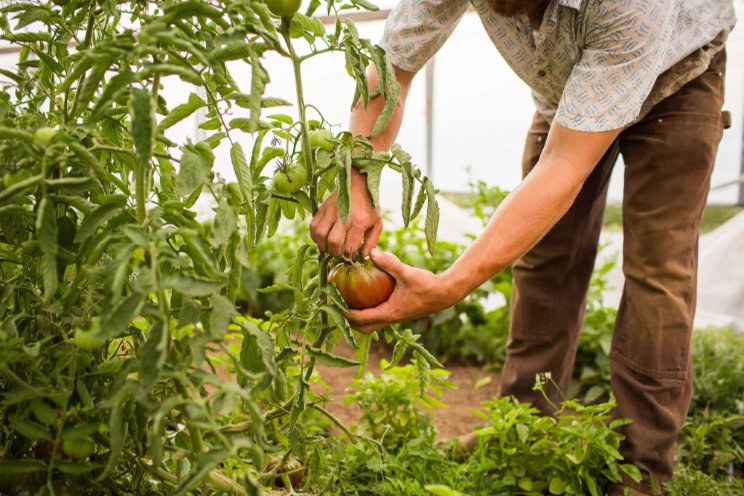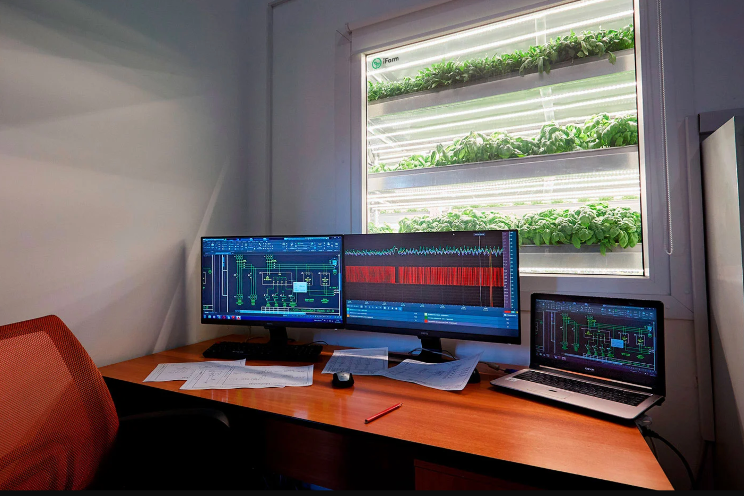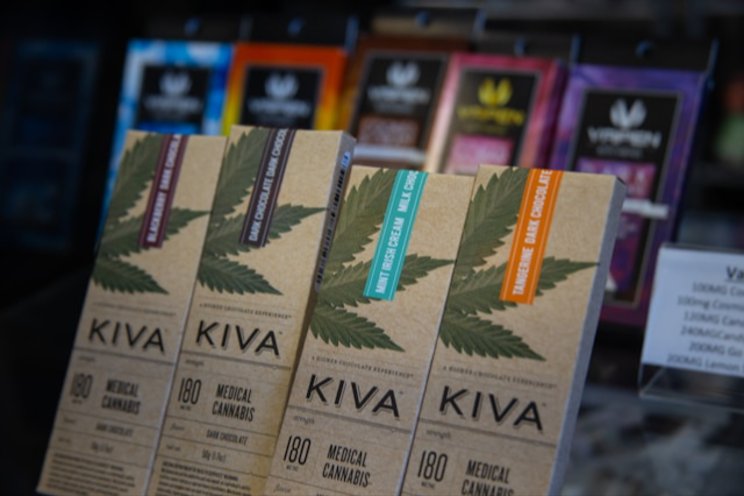Confessions of a container farmer Oscar Davidson
Added on 01 February 2022
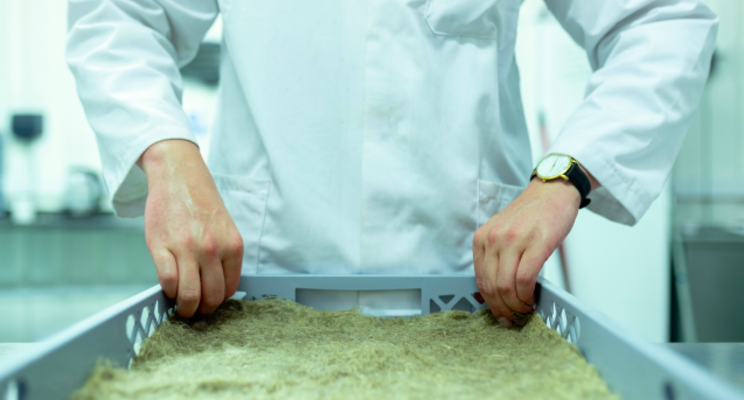
Hey Oscar! You've worked in lots of different farms, from container farms to vertical farms in warehouses. What was your experience of the different systems?
The very first farm I worked in was an aquaponic container farm back in 2013. We had tilapia fish in a tank housed in the container, with the plants in a greenhouse on top. This was a proof of concept project aimed at engaging the public, potential customers and investors. Back then, vertical farming was a relatively new concept, so we needed a system with good public visibility. We grew produce for local restaurants which allowed us to gain crucial market insights, and were able to engage the public and other stakeholders through a range of talks, demonstrations and workshops.
Oscar at the GrowUp Box at Roof East in Stratford, London 2014
With the concept proven, the company went on to build the UK's first commercial scale aquaponic vertical farm with a lot more fish (3000 more!) and 800m˛ of growing area. This system was installed inside a standard industrial unit. My role here was Farm Manager, and I was fortunate enough to get the chance to train up four great individuals from the local community to help me keep on top of things. We had a great team.. Aquaponics at this scale is a totally different ball game and we learnt a lot - often the hard way and often getting quite wet! Fish and plant husbandry are tricky to balance, especially within the context of a pioneering vertical farming facility. In the future I think it's increasingly likely that we'll look to plants for protein when considering the best way to feed large urban populations. I also believe aquaponics done at a smaller scale still has a role to play in public engagement and learning. Engaging consumers with where their food comes from is more important now that ever.
Click here to read more.
Photo by ThisisEngineering RAEng on Unsplash
Source: LettUsGROW
More news

